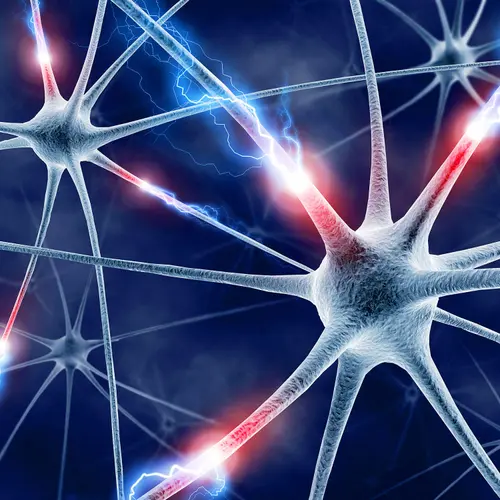
Just like tremors and slowness of movement, anxiety and depression are common symptoms of Parkinson’s. Up to half of people with Parkinson’s could have depression, anxiety, or both.
Anxiety and depression aren’t emotional reactions to the disease, but part of the disease itself. Scientists believe they result from changes in brain chemistry. Anxiety and depression may even develop years before you’re diagnosed with Parkinson’s.
Parkinson’s affects the pathways in your brain that create serotonin, the chemical that regulates your mood, appetite, and sleep. This can trigger symptoms of anxiety and depression.
It’s important to know if you have anxiety or depression because it could affect the course of Parkinson’s, your overall health, and your quality of life.
What Depression Looks Like
Depression isn’t the same for everyone. You might feel sad or lose interest in things you normally enjoy. You might feel upset and edgy. You could have trouble sleeping. It’s more than just feeling sad.
It isn’t always easy to spot, especially in yourself. Your family, friends, or doctor may notice it before you do.
Symptoms of depression often include:
- Changes in appetite
- Changes in sleep
- Crying
- Fatigue
- Feeling worthless
- Self-criticism
- Guilt
- Worry about being a burden
- Less concern about hygiene and health
- Loss of interest or enjoyment in your usual activities
- Low energy or motivation
- Lower sex drive
- Sadness that doesn’t go away
- Thoughts of dying
- Trouble paying attention
What Anxiety Looks Like
Anxiety often feels like extreme worry or fear. It’s more than everyday worries or nerves. It can get in the way of your daily life. You might have trouble sleeping or sudden waves of fear. You could have physical symptoms too, like nausea, a racing heartbeat, shortness of breath, sweating, or dizziness.
Anxiety can also lead to avoiding thigs you used to enjoy. You may stay away from social situations because you worry about your symptoms and feel embarrassed around others. Or you might fear being left alone or not being able to function on your own.
Symptoms of anxiety often include:
- Extra worry or fear
- Crankiness
- Muscle tension
- Nausea
- Racing heartbeat
- Restlessness
- Sleep problems
- Sudden waves of panic or fear, like right before your next dose of Parkinson’s medication
- Sweating
- Trembling
- Uncontrollable, unwanted thoughts
- Worry about upcoming events
How to Find Out if You Have Anxiety or Depression
If you notice these symptoms, if friends and family members have seen changes in your mood, or if you just don’t feel like yourself lately, talk to your doctor.
Your doctor or a mental health professional can tell you if you have anxiety or depression. They’ll ask you questions about how you feel, mood changes, and symptoms that can be linked to anxiety or depression.
To find a mental health professional, ask your doctor or loved one for a recommendation. If you’re part of a support group or know others with Parkinson’s, ask them if they know someone.
Treatment for Anxiety and Depression
Your doctor might suggest medication, talk therapy, and lifestyle changes like exercise and social activities. Many doctors find that a combination of treatments works best.
Everyone’s different, so the doctor will base your treatment on your needs. Be patient. It may take time to figure out what works best for you.
Your doctor can prescribe antidepressants like SSRIs, SNRIs, or benzodiazepines, which are anti-anxiety medications. They might adjust the levels of your Parkinson’s medications to see how it impacts your mood.
Talk therapy, which is also called psychotherapy, can help you understand your anxiety and depression and give you tools to manage your symptoms.
Your therapist may try cognitive behavioral therapy, or CBT, to help you change negative thought patterns and learn how to react to situations in a better way.
You can also get help through group therapy or support groups. They’re good for connecting with other people who relate to what you’re going through, sharing your thoughts, and learning from other people’s experiences.
Alternative Treatments and Lifestyle Changes
Your doctor could also recommend alternative therapies like:
- Acupuncture
- Aromatherapy
- Massage therapy
- Meditation
- Music therapy
- Relaxation techniques
Lifestyle changes can also help manage your symptoms. Regular exercise boosts your mood, helps you sleep better, and could ease symptoms. Eating healthy food, getting enough sleep, and making time to relax might help too. Having social support can make a big difference.
If medication, therapy, and alternative treatments don’t work, your doctor may consider things like vagal nerve stimulation, electroconvulsive therapy, or other therapies.
Stay on Top of It
Talk to your doctor about checking for mood changes on a regular basis. Anxiety and depression can develop at different times. Managing them could improve your overall health and your quality of life.

